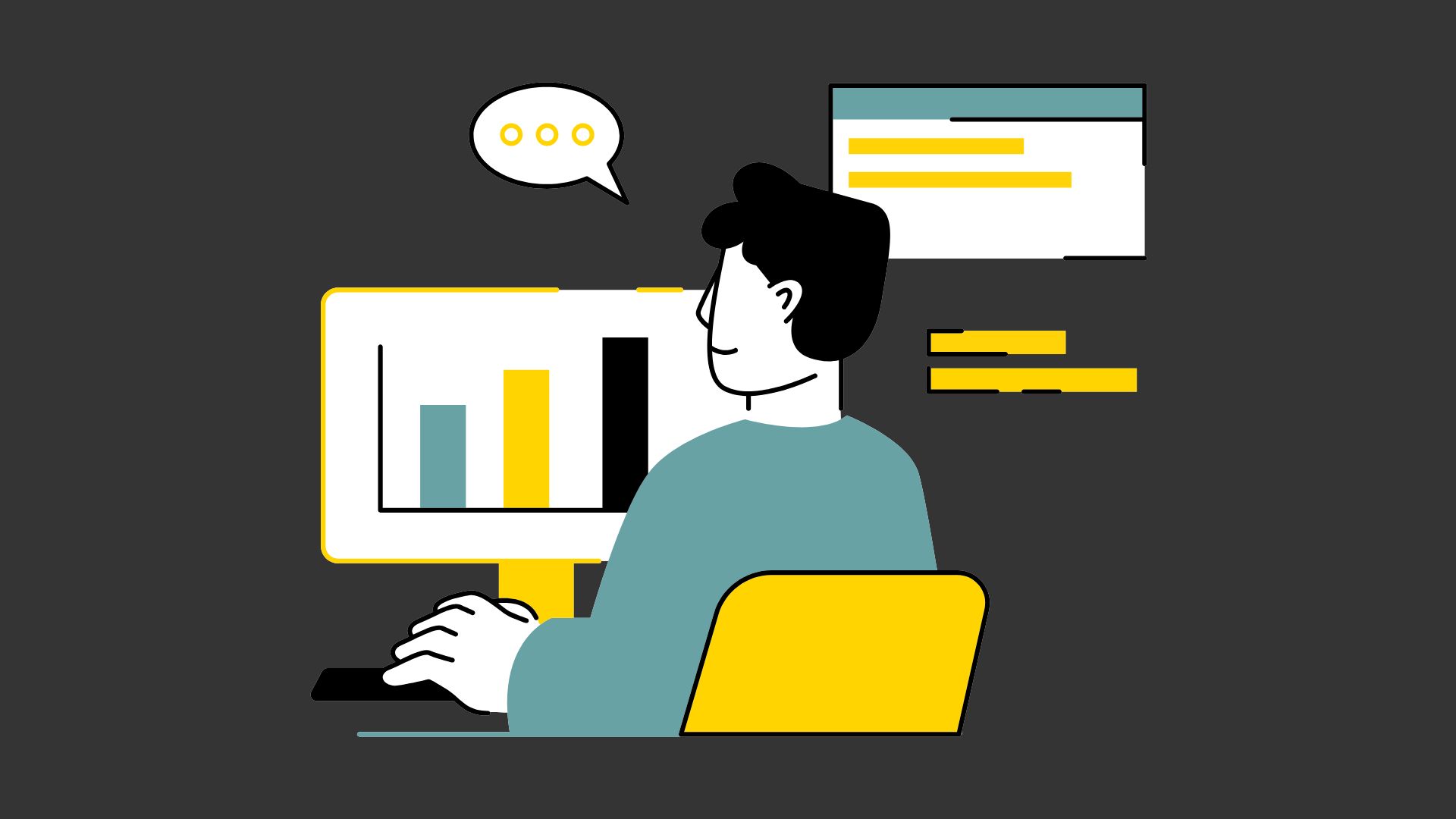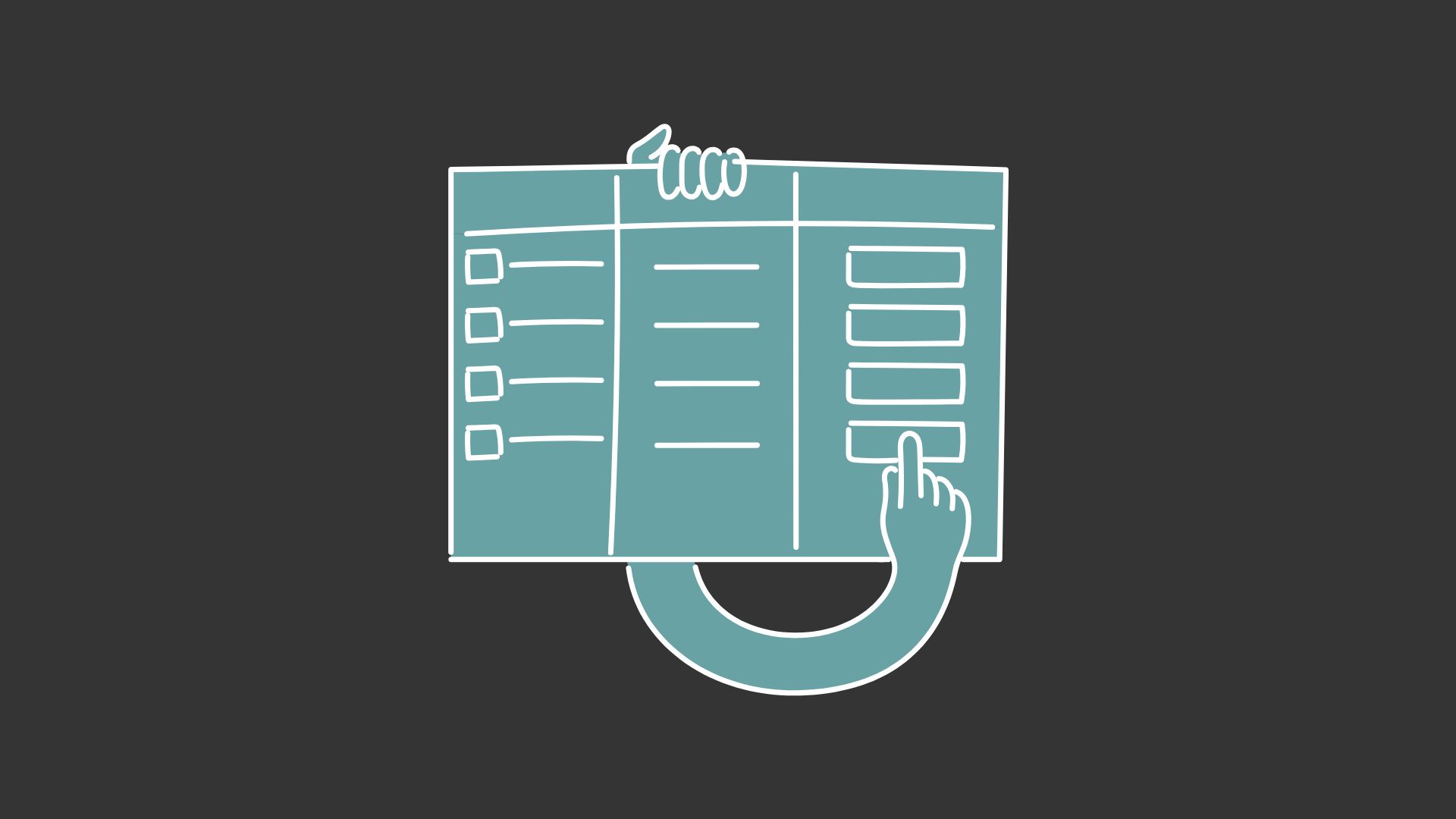Are you tired of feeling stuck in a cycle of procrastination? Do you often label yourself as “lazy” but desperately want to change? You’re not alone. What we call “laziness” is rarely about character flaws – it’s usually about missing the right strategies, energy management, or motivation techniques. In this comprehensive guide, I’ll share 15 practical, science-backed methods to overcome laziness that have worked for thousands of my clients. From quick momentum-building tricks to sustainable habit formation, you’ll discover exactly how to transform from feeling perpetually lazy to consistently productive. Let’s dive into the strategies that will help you take action today, tomorrow, and for years to come.
Understanding Laziness: What It Is and What It Isn’t

The Psychology Behind What We Call “Laziness”
What we label as “laziness” isn’t usually about being a lazy person. It’s often your brain trying to conserve energy or protect you from potential failure.
Your brain evolved to save energy whenever possible. This survival mechanism helped our ancestors survive food scarcity, but now it works against us in a world of comfort. Most “lazy” people actually care deeply about their goals. The problem isn’t desire – it’s that your brain’s reward system isn’t properly activated by the tasks at hand.
Procrastination and laziness are different beasts. Procrastination is an active avoidance of tasks, while laziness is more about energy conservation or motivational deficits.
Distinguishing Between Laziness and Medical Conditions
That constant fatigue might not be laziness at all. Conditions like anemia, thyroid disorders, or sleep apnea can drain your energy and motivation. Depression often masquerades as laziness. The key difference? Depression brings persistent low mood and loss of interest in activities you once enjoyed.ADHD can look like laziness when it’s actually about difficulty focusing and regulating attention. Many adults discover their “laziness” was undiagnosed ADHD all along.
Chronic fatigue syndrome and fibromyalgia cause genuine physical exhaustion that no amount of willpower can overcome. These require medical intervention, not productivity hacks.
Common Misconceptions About Being Lazy
“Lazy people are just unmotivated.” Wrong! Many “lazy” individuals are highly motivated but struggle with execution or energy management.
“You just need more willpower.” Nope. Willpower is a limited resource that depletes throughout the day. Systems beat willpower every time.
“Lazy people don’t care about success.” False. Many so-called lazy people care deeply but are paralyzed by perfectionism or fear of failure.
“Being productive means being busy all the time.” Actually, strategic rest and recovery are essential components of sustainable productivity.
Is It Burnout or Laziness? How to Tell the Difference
Burnout feels like emotional exhaustion, cynicism about your work, and reduced professional efficacy. Laziness doesn’t typically include the emotional component. With burnout, even activities you normally enjoy feel draining. With laziness, you still have energy for fun activities, just not for work or responsibilities.
Burnout develops gradually after prolonged stress. Laziness tends to be more situational or task-specific rather than a progressive condition. The remedy for burnout is rest and recovery. The solution for laziness is usually better motivation strategies and energy management techniques.
The Root Causes: Why You Feel Lazy
Uncovering Hidden Triggers of Lazy Behavior
Your environment shapes your behavior more than you realize. A cluttered desk, constant notifications, or even the wrong room temperature can trigger laziness.
Unclear goals lead to inaction. When you don’t know exactly what success looks like, your brain chooses the path of least resistance, doing nothing. Task aversion is a major trigger. Your brain will find any excuse to avoid tasks that feel unpleasant, boring, or overly challenging.
Decision fatigue silently drains your motivation. Each choice you make throughout the day depletes your mental energy, making laziness more likely later.
The Connection Between Laziness and Fear
Fear of failure lurks behind many cases of “laziness.” It’s easier to not try than to try and fail.
Perfectionism paralyzes action. When you believe something must be done perfectly, you’ll often choose to do nothing instead. Fear of success is real. Sometimes we avoid action because we’re unconsciously afraid of the new responsibilities success might bring.
Impostor syndrome makes you feel like a fraud, causing you to procrastinate on tasks that might “expose” your perceived inadequacy.
Physical Factors That Masquerade as Laziness
Poor nutrition directly impacts your energy levels. Skipping meals or relying on sugar and caffeine creates energy crashes that feel like laziness. Dehydration makes you tired and unfocused. Even mild dehydration can reduce cognitive function by up to 30%. Sedentary lifestyle paradoxically makes you more tired. The less you move, the less energy you have, creating a vicious cycle of inactivity.
Sleep debt accumulates over time. Just one hour less than your optimal sleep need can significantly impact your motivation and focus the next day.
Emotional Barriers That Block Motivation
Overwhelm paralyzes action. When a task feels too big or complex, your brain’s threat response activates, making you avoid it altogether. Boredom is kryptonite for motivation. Your brain craves novelty and stimulation, making repetitive or mundane tasks particularly challenging.
Resentment kills drive. If you feel forced to do something or believe it’s unfair, your motivation naturally plummets. Lack of purpose makes tasks feel meaningless. Without connecting to a bigger “why,” even simple tasks can feel not worth the effort.

Transforming Habits: The Path Forward from Laziness to Achievement
This comprehensive guide has explored the multifaceted nature of what we commonly label as “laziness.” We’ve examined how this state often stems not from character deficiencies but from psychological barriers, physical factors, and environmental influences that can be systematically addressed. The strategies presented offer a structured approach to overcoming inertia through understanding root causes, implementing science-backed motivation techniques, and creating sustainable systems for productivity. By recognizing that laziness is typically a symptom rather than an inherent trait, individuals can implement targeted interventions, whether through improved self-talk, environmental optimization, accountability structures, or physical wellness practices.
The journey from procrastination to productivity is neither linear nor immediate, but rather a gradual process of implementing small, consistent changes. By selecting even one strategy from this collection and applying it with persistence, meaningful transformation becomes not just possible but inevitable. The science of motivation and habit formation demonstrates clearly that with appropriate techniques and consistent application, lasting change is within reach for anyone seeking to overcome patterns of inaction.







